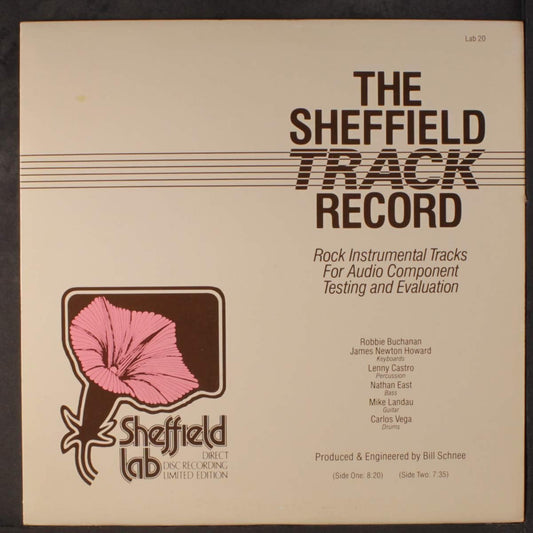Hummin' along
by Paul McGowan
Why do systems hum? Not in answer to the classic Audiophile joke or Ella Fitzgerald's famous 1960's memory lapse, which earned her a Grammy for Mack The Knife. They hum for a multitude of reasons: transformers, ground loops, shielding, poor design etc. Fortunately the root cause of hum can be discovered with a rather easy technique, one I've been writing about as of late.
First things first. Let's determine what kind of hum you have. There are many. The most common types are known as hums and buzzes. They are very different in sound and in how they are generated. A hum is a low, soft, 60Hz or 50Hz sound. More of a rumble than anything else. A buzz is a higher pitched sound that is raspy and can contain some hum, but its primary component is higher pitched. Like an angry insect.
Here's what a buzz sounds like:
https://www.psaudio.com/wp-content/uploads/2014/12/buzz.mp3
And here's what a hum sounds like:
https://www.psaudio.com/wp-content/uploads/2014/12/Hum.mp3
Why is it important to know if it is a hum or a buzz? Because a hum is typically caused by induced radiation, like that from a transformer, while a buzz is what we hear when a ground loop is formed. Again, these are just generalities, but when looking for the root cause of unwanted noises in your system, it's a great clue to know which of them you have. Like a doctor asking if your cough is a dry unproductive one or the opposite, the answers tell us a lot.
So keeping in mind the two basic types of noises, hums or buzzes, tomorrow we'll work on starting in the most unlikely of places. The end of the chain.
- Choosing a selection results in a full page refresh.
- Opens in a new window.








